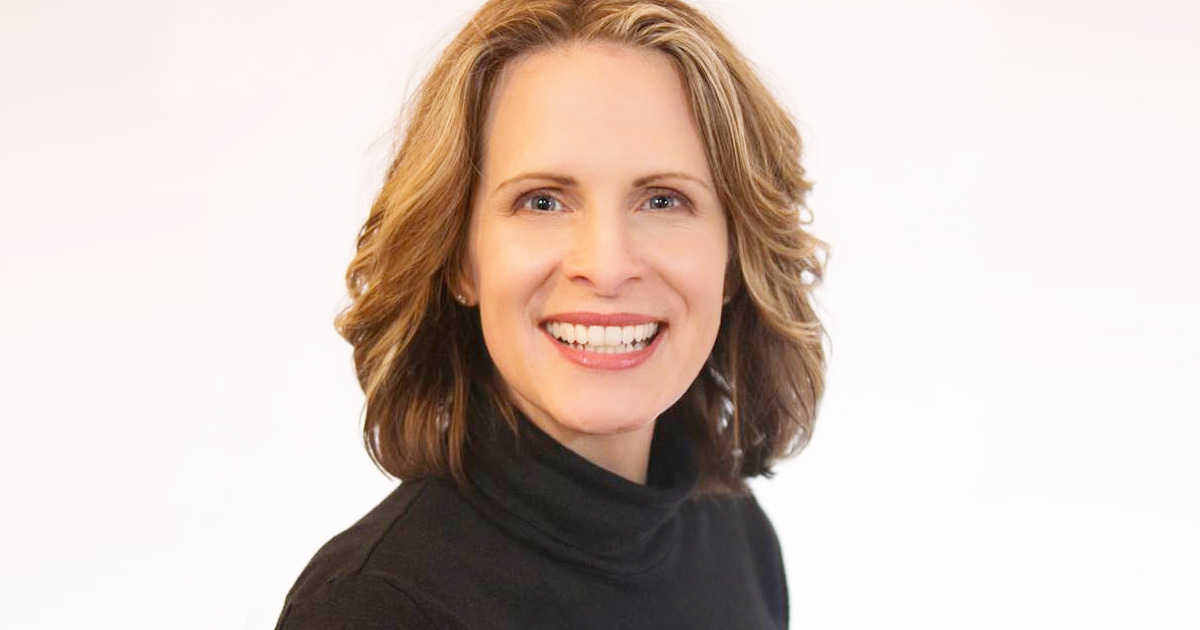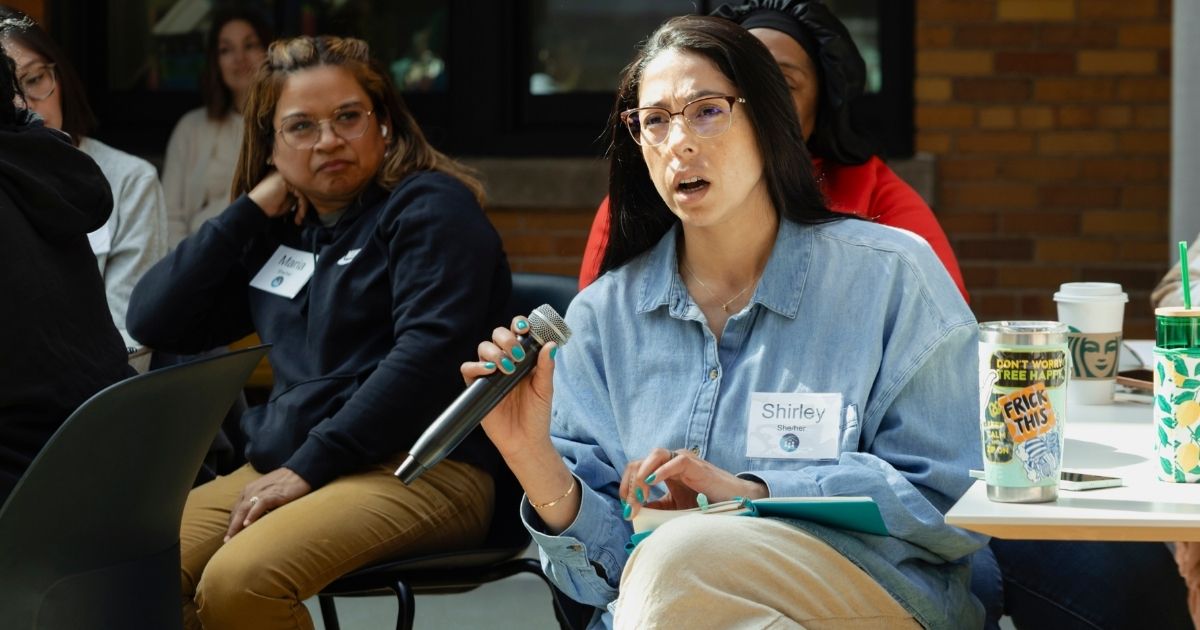At the end of last year, I decided it was time to quit my job as a Marketing Director. More precisely, I realized it was time for greater growth, bigger challenges and broader opportunities. To ignore that was impossible.
I was fortunate to report to a CEO who appreciated my work, yet understood my need to move on. Departing with dignity and focusing on a job search was my plan. I had no idea what to expect, and hoped the economy wouldn't go sideways and derail the marketplace. The first few weeks, I confess I was prone to moments of panic. What had I done? Was I delusional? After all, my husband and I have one daughter in college and another one departing this fall as a freshman. We're not trust fund kids or lottery winners; paychecks are a necessity at this house. I can't deny there was some risk in my decision and the vulnerability was felt daily. My strategy wasn't complicated. I said a lot of prayers, relied on close friends for support, and then rolled up my sleeves and dug in to find my next career path.
To my surprise, the response was overwhelming. Over the past eight weeks, I've connected with 13 companies. I had 19 interviews with 34 people in nine different organizations. Two positions were contract work and the rest were full-time opportunities. I had recruiters reach out to me for viable positions I didn't have time to explore. I flew to the East Coast, researched new companies and met interesting people. I received three ding letters from companies before I even interviewed, and I received three legitimate offers after I interviewed. I realized all of the talk about the talent shortage was real. It had to be. That kind of rapid response from the marketplace seemed highly unusual.
My rather short adventure has a happy ending. I found the right fit with talented people at a remarkable company. I'll soon start at Herman Miller as a Market Launch Lead. And as clichéd as it may sound, I couldn't be more excited about this next step in my career. While the entire experience was full of learning, I've culled the most unexpected findings to share.
1. People were willing to pay it forward.
When I leveraged my LinkedIn account and worked my network, things started moving. I reached out to friends and peers. While a handful didn't respond, many did. I began hearing from people I hadn't spoken to in years. Talented former colleagues and professional acquaintances were gracious enough to meet with me or offer help in any way they could. These incredibly generous people (you know who you are) provided valuable support and insight. Whether sending an e-mail, forwarding a résumé, sharing a lead or meeting for coffee, their kindness made an impact on me. Some were close friends and many were distant associates. All of them took time to care, and my gratitude is great.
2. Outstanding recruiters existed.
Yes, they worked for hiring companies and not for me. I knew that. However, my experience with recruiters varied vastly. I worked with professional, thorough and responsive ones who positioned me with key clients. They were smart, strategic and honest. Other recruiters went completely dark on me. Perhaps I didn't fit the needs of their customers. That was certainly possible. While a recruiter did not assist with the role I accepted, I'm grateful to have met these skilled individuals. My lesson: Value the recruiters who value you.
3. Quite often exact experience was sought.
I read that Warren Buffet hired people with intelligence, energy and integrity—and then trained them on the rest. I liked the concept, yet it wasn't my reality. Maybe it's more common with entry-level roles. Most hiring managers I encountered wanted all of those things, plus a list of very precise work history (e.g. consumer packaged goods experience, skincare experience, shoe experience). The idea of transferable skills wasn't part of the dialogue. It was odd to me. I'm convinced many B2B marketers would be excellent at B2C—and many good marketers can learn a new product or industry easily. Maybe the default strategy was to place candidates in defined boxes. Understandably, gray can get murky. Keeping things black and white is often simpler for many people.
4. There were highly competent HR people who would make any company proud ... and then there were others.
I went to a career fair a few weeks ago. It was an evening event with a strong turnout of both companies and candidates. I waited my turn and introduced myself to many HR representatives from respectable companies across the area. Some were energetic, positive and generous with their time. These professionals were courteous, knowledgeable and warm. And then there were the HR associates that sent signals of arrogance and displayed little interest in the talented candidates waiting to speak with them. They wouldn't make eye contact and were perfectly content being unhelpful. I was acutely aware of the power HR recruiters possess—particularly when one doesn't know company insiders. If the HR team won't let you in the door, efforts are mostly futile unless you're up for stalking the hiring manager. Yes, even HR departments can get duds working in them. Meanwhile, appreciate those exceptional HR players who are really good at spotting top quality and finding the right talent. They're gems essential to the process.
5. "Don't Go There" was almost everywhere.
When I started looking at companies to contact, a few friends offered help by way of "Oh, don't go there!" warnings. Of the 13 companies I explored, seven had red flags attached to them from peers with good intentions. It seemed someone had negative stories about practically every West Michigan company with jobs posted on Indeed.com. Sure, there can be pockets of bad in any organization—and there are often many more pockets of good. I didn't ignore the caution signs. However, I didn't let them drive my decisions, either. I did my own research and used the interviews to gauge each organization, its values and the employees. I'm happy to report I was impressed by many of the companies I visited and genuinely liked the people I had the privilege of meeting over the past few months.
Today, I have a deeper level of empathy for those seeking a new role or a career change. My desire to pay it forward is stronger than ever. While I can't deny the experience was often a roller coaster ride, most days I embraced the journey even when my optimism was bumped or bruised. It was all part of the process. To all those who played a part in the process, thank you.
Written by Tracy Reed, MBA. Tracy is now a Market Launch Lead at Herman Miller.




